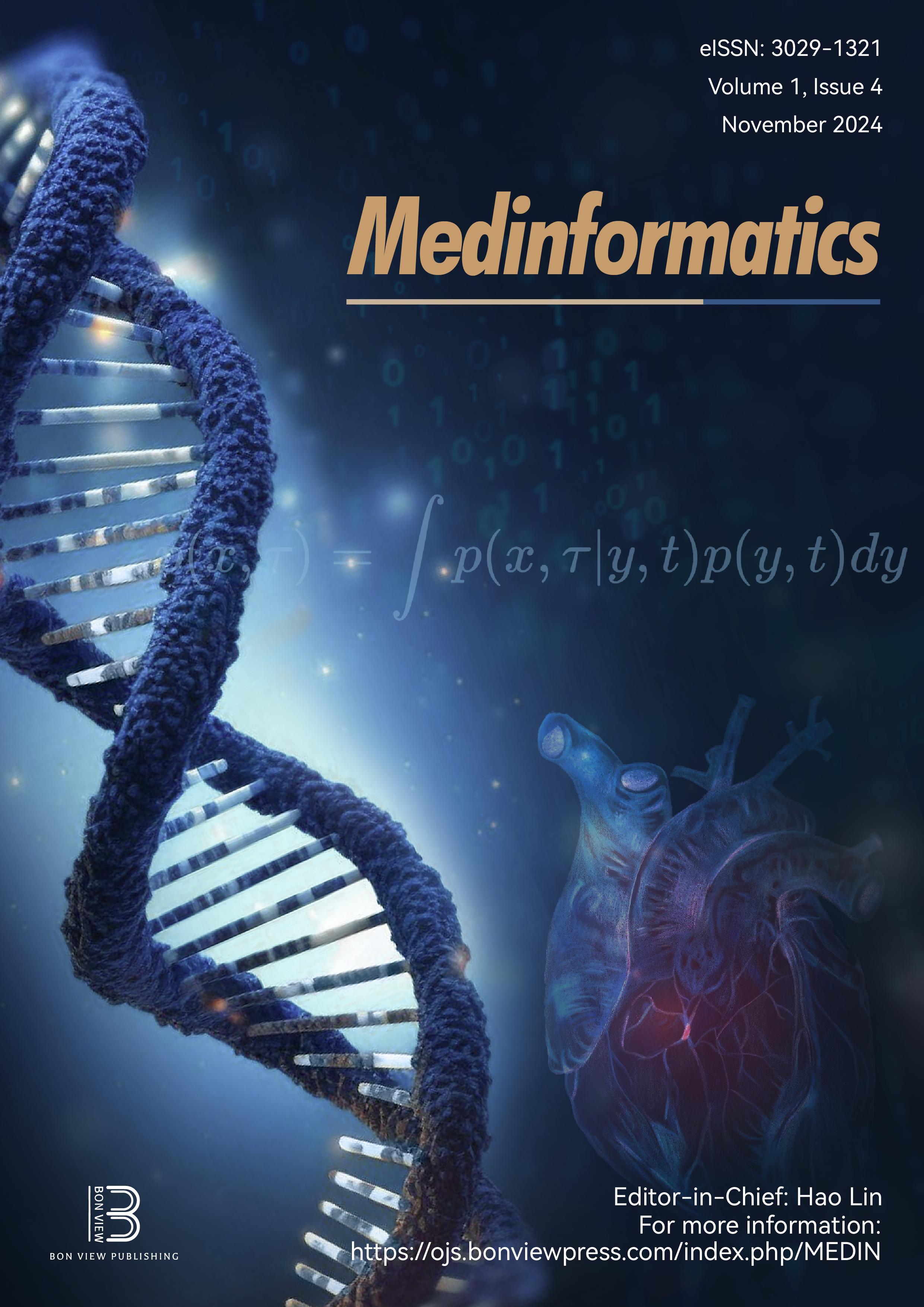ACO-Guided Genetic Analysis: Exploring the Role of Genes in Alzheimer's Disease
DOI:
https://doi.org/10.47852/bonviewMEDIN42023658Keywords:
ant colony optimization, Alzheimer's disease, gene order, co-expression relationships, support vector machineAbstract
Alzheimer's disease (AD), a neurodegenerative disorder significantly impairing cognitive function and quality of life, necessitates an in-depth study of its pathogenic mechanisms. Despite extensive research, the disease's pathological mechanisms harbor numerous unknown elements. Analyzing DNA microarray data is crucial for elucidating gene co-expression relationships during AD's pathological processes. This study aimed at exploring the applicability of the ant colony optimization (ACO) algorithm in identifying linearly co-expressed genes in AD. This study utilized gene expression profile data of AD patients collected from the Gene Expression Omnibus (GEO) database, employing the ACO algorithm to explore the co-expression relationships among AD pathogenic genes in different stages. Through the analysis of co-expression relationships, we identified four related genes (SDHA, NDUFA10, SDHC, and GPI). By using the co-expressed genes as features, we applied the support vector machine (SVM) algorithm for AD classification. The results of these experiments revealed that each model achieved average AUC values of 0.90, 0.91, 0.86, and 0.92, respectively. Our research findings reveal that the ACO algorithm provides a new perspective for in-depth exploration of the pathogenic mechanisms of AD.
Received: 19 June 2024 | Revised: 21 August 2024 | Accepted: 3 September 2024
Conflicts of Interest
The authors declare that they have no conflicts of interest to this work.
Data Availability Statement
The data that support the findings of this study are openly available in Gene Expression Omnibus at https://www.ncbi.nlm.nih.gov/geo/.
Author Contribution Statement
Chengjiang Zhu: Conceptualization, Methodology, Software, Formal analysis, Data Curation, Writing - original draft, Writing - review & editing. Lin Yang: Conceptualization, Methodology, Validation, Data Curation, Writing - original draft. Xudong Huang: Supervision. Kunpei Jin: Investigation, Resources. Xinping Pang: Investigation. Xianghu Song: Validation. Yue Sun: Formal analysis, Investigation, Visualization. Chonghao Gao: Software. Yanyu Wei: Supervision, Project administration. Chaoyang Pang: Writing - review & editing, Supervision, Project administration, Funding acquisition.
Downloads
Published
Issue
Section
License
Copyright (c) 2024 Authors

This work is licensed under a Creative Commons Attribution 4.0 International License.
How to Cite
Funding data
-
National Natural Science Foundation of China
Grant numbers 61988102


